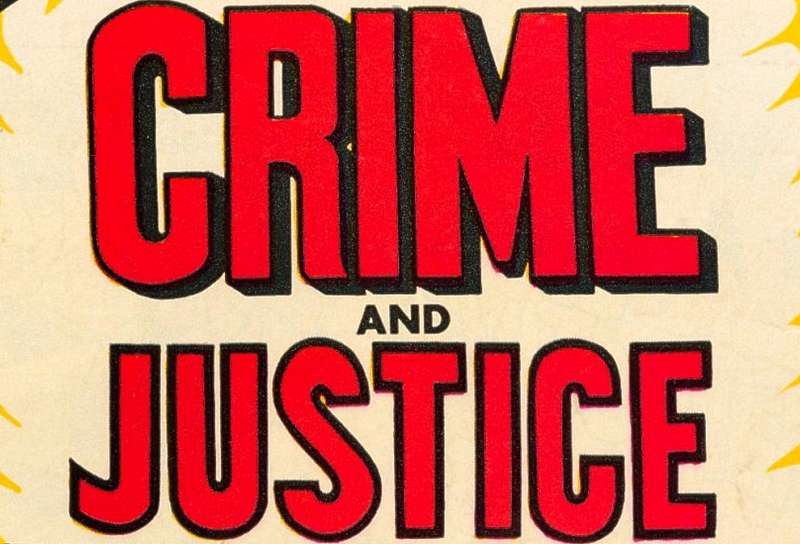Got Poverty? It’s Not an Accident.
Your problem is with Landlord Rents

Ever wonder why life is so hard? Feel a bit furious about the high cost of living? Yeah, me too. So, I’ve spent the last year exploring the reasons why we’re all stuck in a world that makes 1980s dystopian films look tame. And one part of the answer is something known as “Rents.” These can be rents on actual properties, but the fundamental issue goes farther. And here’s the thing: If we can get people talking about this, we can change it.
“Landlord Rents” describe the experience of generating profit from the sole ownership of access to some item or service, and they are a drastically dangerous concept because they encourage monopolization behavior.
Cory Doctorow offers a good example of this in one of his podcast episodes, where he describes the situation in terms of a ferryman.
Imagine there’s a ferryman who owns a ferry. He takes merchants across the river on it, providing a safe and easy way for them to get their goods to the big city. This is all well and good… as long as there are also other ferrymen doing the same thing, and some bridges to distribute the traffic even more.
But now imagine that our first ferryman gets laws passed against all the other ferrymen, prohibiting them from ferrying anyone across the water? And then, what if he gets laws passed that prohibit the use of bridges?

Then, the merchants are forced to use his service and his service alone. Now, the merchants are forced to constantly up their charges to their customers at the city market to maintain even a slight profit, while the ferryman can constantly up his charge to the merchants! The people at the market will always be the biggest losers in this scenario, but the toll will eventually see many of the smaller merchants ruined as well.
In this scenario, the ferryman can collect whatever rent he wishes for his service now because there is no competition to keep his prices in check. This is precisely what big companies like Apple, Facebook, Amazon, and Google are doing with their products. They’ve bribed governments to enact laws that benefit them (as have other monopolistic entities in the past) and have made it very difficult for any competitors to get off the ground.
This is not a new concept in economics. Henry George, an extremely influential economic thinker in the late 19th and early 20th centuries. His book Progress and Poverty sold millions of copies worldwide, and he was considered by many to be the most important economic thinker alive at that time.
In fact, almost every child in the United States has first-hand experience with Henry George’s theories of economics! Any kid who, while playing Monopoly, has felt that the game lacks an inherent sense of fairness, rightness, and justice, is a kid who's touched upon the original purpose of that game.

Elizabeth Maggie created something called The Landlord’s Game in the early 1900s, as a way of showing people, and especially children, how capitalism could betray the trust of they people by falling into monopoly conditions.
Because economic theories can be complex, Elizabeth wanted to simplify Henry George’s work down to its most basic level. Since his work showed how rents enrich property owners while leaving the tenants impoverished. It was a game intended to show the inherent fairness of uncontrolled capitalism.
In the end, Elizabeth lost control of her own game’s copyright, and a skeevy man named Charles Darrow, who profited well off the stolen idea. He, naturally, didn’t care about the point of the game, and left only the worst capitalist elements in his version. Sadly, Elizabeth would die without seeing her goal fulfilled, having eventually received a pitiful $500 for her patent. It wouldn’t be until the 2004s that links between Monopoly and The Landlord’s Game were definitively found.
What does this all have to do with us? It’s horrible, but how can we change a system that seems so deeply engrained?
- First, we need to understand the problem.
- Second, we need to educate others about the problem.
- And, third, we need coordinated action to solve the problem.
If you’re interested in reading more about the horrors of monopoly and monopsony, check out Chokepoint Capitalism by Cory Doctorow and Rebecca Giblin.
